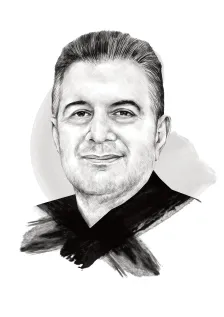It is one of history’s great ironies. Washington has become an opponent of the global free trade system it once led, turning to tariffs and protectionism, while Beijing, for so long sceptical of open markets, finds itself defending free trade and globalisation.
At the end of the 20th century, both China and the Soviet Union (and later Russia) viewed the global economic order which emerged after World War II with suspicion, if not outright disdain. After all, the international institutions which ran it, named after the Bretton Woods conference, which established them, were largely sponsored by the United States and its allies in the West. Chief among these were the General Agreement on Tariffs and Trade (GATT), founded in 1947, and its successor, the World Trade Organisation (WTO), launched in 1995.
Back then, communist China was focused on consolidating its internal power, while the Soviet Union considered the rules of the free market as a brutal capitalist game with no place in the socialist bloc. To both, the WTO seemed like an exclusive Western neoliberal club governed by Washington, London, and Brussels. Eventually, Russia joined in 2012, only to be ejected a decade later, effectively excluded from global markets vis-à-vis swingeing Western-slapped sanctions. China didn't join until 2001, but today it is one of its most ardent defenders.
But today, Trump is dismantling decades of stable commercial relationships in favour of erratic, ad-hoc decisions often announced on social media. Tariffs have been slapped not only on adversaries but also on allies, targeting steel and aluminium imports. A full-blown trade war with China erupted, with little regard for WTO rules or basic negotiations.
Trump’s approach reached a peak of contradiction early in his second term as he sought concessions from foreign governments while promising to bring manufacturing jobs back home. Even more astonishing is a move by the US, the world’s most powerful democracy, to paralyse the WTO’s dispute settlement mechanism by blocking the appointment of appellate judges. This has left the world without an effective international trade court.




